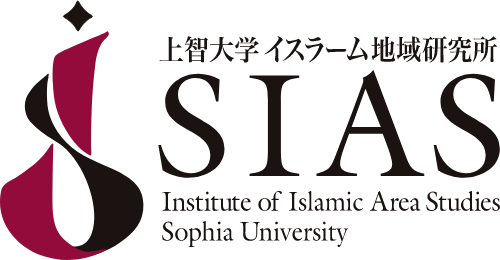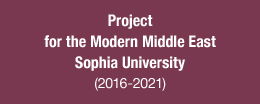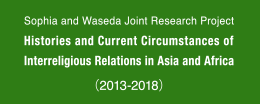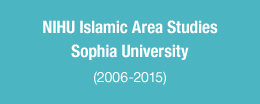SIAS-UTCMES Joint Lecture
Kurdish Vernacular Literature in the Persianate Cosmopolitan: A Case Study in Early Modern Islamic Cultural History
Friday February 16, 2024
The Institute of Islamic Area Studies, in collaboration with the University of Tokyo Centre for Middle Eastern Studies, will hold a guest lecture of Prof. Michael LEEZENBERG.
(3-8-1, Komaba, Meguro-ward, Tokyo)
Michael LEEZENBERG (University of Amsterdam)
"Kurdish Vernacular Literature in the Persianate Cosmopolitan: A Case Study in Early Modern Islamic Cultural History"
YAMAGUCHI Akihiko (Sophia University) yamaguci@sophia.ac.jp
In recent years, the notion of a ‘Persianate cosmopolitan,’ characterized by the literate and literary use of Modern Persian, has gained traction in cultural histories of the early modern world. The notion was inspired, of course, by Sheldon Pollock’s justly famous comparative study of the Latin and Sanskrit cosmopolitan orders and the development of vernacular languages out of them.
The study of the Persianate cosmopolitan, however, has mostly focused on Central and South Asia; further West, the Ottoman empire, though arguably part of the Persianate world, knew a much more complex linguistic constellation, which complicates the ‘cosmopolitan narrative’ both empirically and theoretically. The empire’s Islamic elites had not one but three cosmopolitan languages (Arabic, Persian, and Ottoman Turkish); and non-Muslim population groups had cosmopolitan languages of their own, like, most importantly, Koine Greek, Old Church Slavonic and the Jewish ‘Sacred Language.’
In this presentation, I will trace the early modern rise of a vernacular Kurdish literature against this complex cosmopolitan background. Descriptively, I will focus on two Kurdish-language poems: Ehmedê Xanî’s Mem û Zîn, the Kurdish national epic, inspired by Nizami’s Layli o Majnun, and Feqiyê Teyran’s Shêx Sen’an, modeled after Attar’s Mantiq ut-tayr. Theoretically, I will reanalyze the vernacularization of Kurdish in terms of resistance against what Pierre Bourdieu has called ‘literary domination.’ This concept, although developed for modern (and Western European) societies, may be further developed for, and fruitfully applied to, premodern and non-European settings. As such, a notion of ‘premodern literary domination’ has considerable explanatory value in the study of cosmopolitan linguistic and literary orders more generally.





